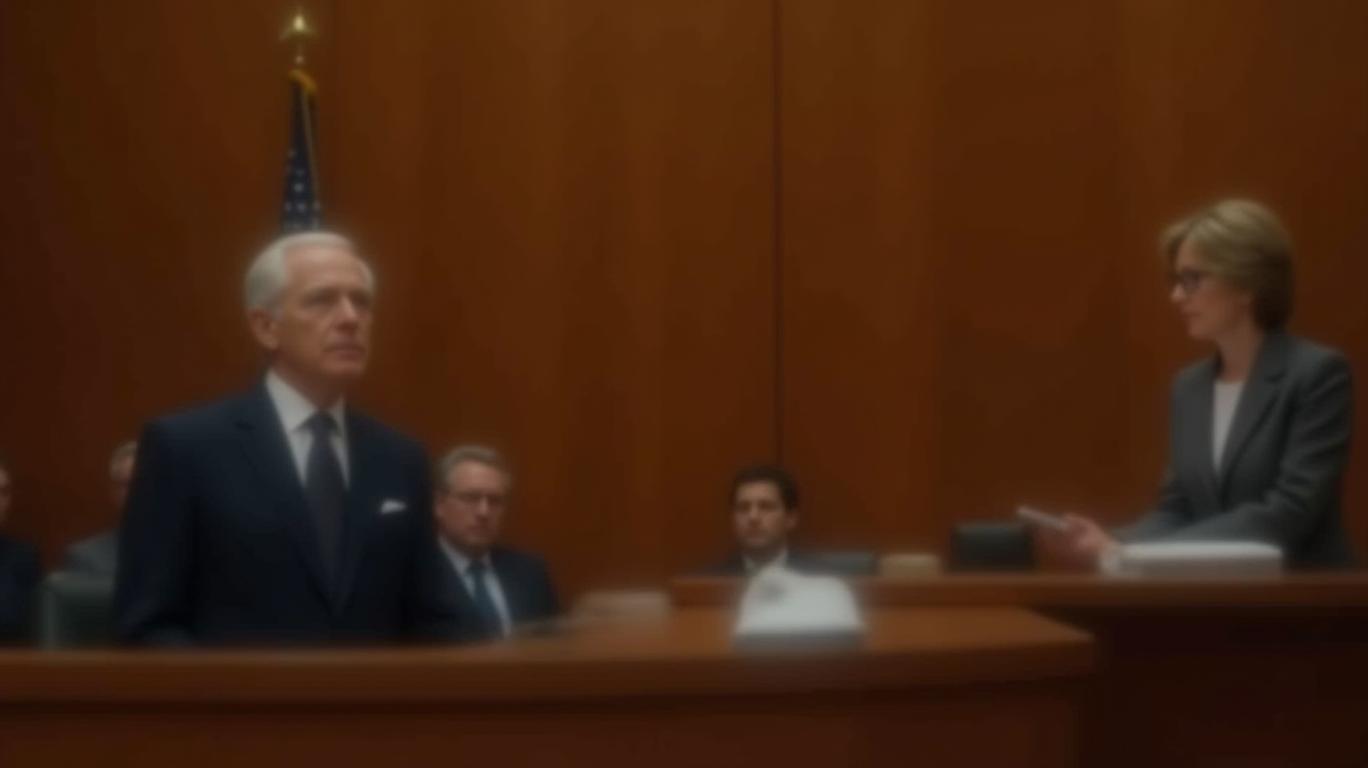Nate's Ex-CEO Charged With Fraud Over False AI Claims
The former CEO of e-commerce startup Nate, Albert Saniger, has been charged with securities fraud and wire fraud by federal prosecutors. The indictment, unsealed on April 11 by the U.S. Attorney’s Office for the Southern District of New York, alleges that Saniger misled investors by falsely claiming that the company's app was powered by proprietary artificial intelligence. In reality, the app relied entirely on overseas contract workers to manually process online purchases, a fact that Saniger concealed from investors and employees.
Saniger, 35, is accused of raising over $40 million from venture capital firms by exploiting the promise and allure of AI technology. He claimed that Nate’s app could complete online purchases on any retail site using AI, reducing the checkout process to a single tap. However, the actual automation rate of the app was “effectively zero percent.” Instead of AI, Nate employed hundreds of human “purchasing assistants” in a call center to mimic automated transactions. Saniger allegedly restricted access to internal dashboards and described automation rates as trade secrets to conceal the manual processing.
In 2021, as holiday shopping surged, Saniger directed Nate’s engineers to build basic bots to handle some purchases, despite previously claiming the company didn’t use bots at all. Even then, the bots only supplemented manual labor, according to the government. FBI assistant director Christopher G. Raia stated that Saniger “abused the integrity associated with his former position” by fabricating Nate’s technical capabilities. The FBI will continue to investigate any business owner who withholds material information to encourage additional investments.
The Securities and Exchange Commission has filed a parallel civil case against Saniger, who faces up to 20 years in prison on each of the two criminal counts. Acting U.S. attorney Matthew Podolsky emphasized that this type of deception not only victimizes innocent investors but also undermines trust in the tech sector as a whole. The case serves as a stark reminder of the importance of transparency and honesty in the tech industry, where the allure of AI and innovation can sometimes overshadow the reality of manual labor and deception.

Quickly understand the history and background of various well-known coins
Latest Articles
Stay ahead of the market.
Get curated U.S. market news, insights and key dates delivered to your inbox.



Comments
No comments yet